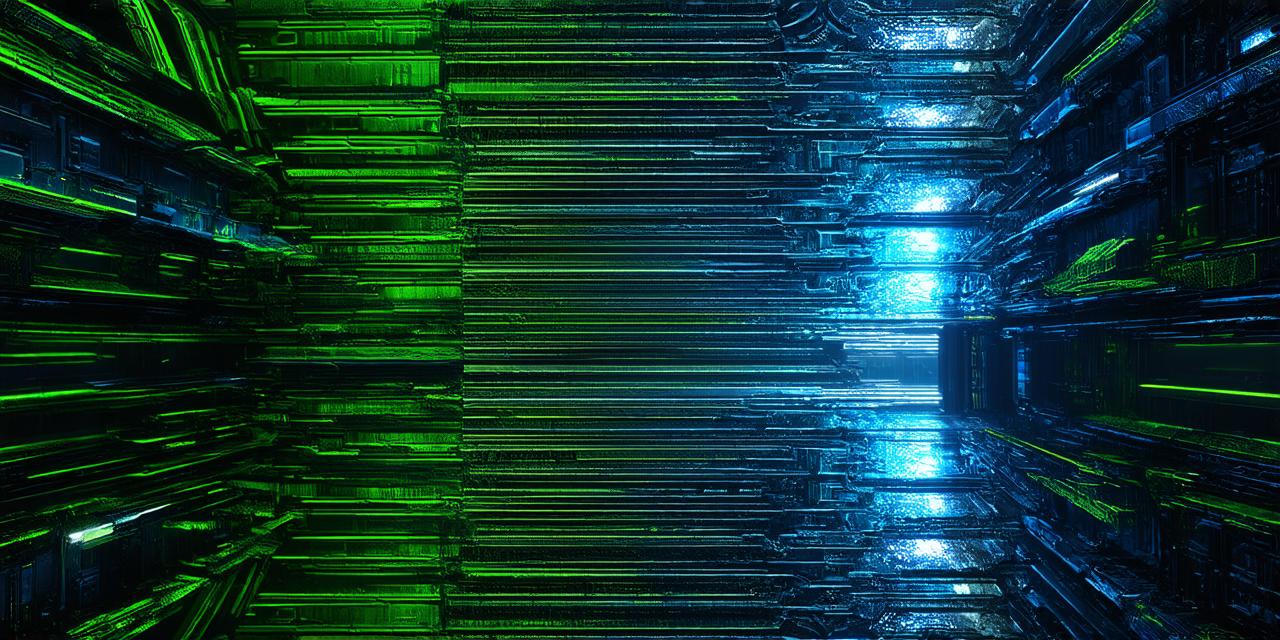1. Unity: The Swift Swordsmith
Unity is like a versatile blacksmith’s toolkit, offering a wide range of tools for 3D game creation. With its drag-and-drop interface and C scripting, Unity provides an accessible yet powerful platform for developers of all skill levels.
2. Unreal Engine: The Majestic Castle
Unreal Engine, with its visual prowess, is akin to a grand castle in the game development landscape. It offers a robust set of tools for creating high-quality 3D games, particularly those requiring real-time graphics. Its Blueprint visual scripting system simplifies complex tasks, making it an ideal choice for developers seeking graphical excellence. However, Unreal Engine’s learning curve can be steep, and its performance may require more powerful hardware compared to other engines.
3. Godot: The Agile Ninja
Godot, the underdog of the trio, is a nimble and agile engine. It’s open-source, free to use, and boasts a growing community. Godot’s visual editor and GDScript language make it an attractive choice for developers seeking a more streamlined development experience. Its modular design allows for easy customization and extension, making it a favorite among open-source enthusiasts. However, Godot may not be as feature-rich or performant as Unity or Unreal Engine in some areas.

Comparing the Three
While each engine has its strengths, the choice depends on your project’s specific needs. Unity offers versatility and a large community, Unreal Engine delivers visual splendor, and Godot provides an agile, open-source alternative with a focus on simplicity and customization.
FAQs
Q: Which engine is best for beginners?
A: All three engines offer tutorials and resources suitable for beginners. However, Unity’s user-friendly interface and extensive community support make it a popular choice among newcomers due to its accessibility and wide range of resources.
Q: Are there any costs associated with these engines?
A: Unity and Godot are free to use, while Unreal Engine offers a free version with some limitations, such as watermarking and restricted access to certain features.
Exploring Further
Each engine has its unique strengths and weaknesses, and the choice ultimately depends on your project’s requirements. For example, if you’re developing a visually stunning game that requires real-time graphics, Unreal Engine might be the best fit. On the other hand, if you’re looking for an open-source alternative with a focus on simplicity and customization, Godot could be the way to go.
In conclusion, the journey of game development is an exciting one, and the right engine can be your trusted companion. Whether you’re a seasoned developer or just starting out, these 3D game engines offer the tools you need to bring your ideas to life.
